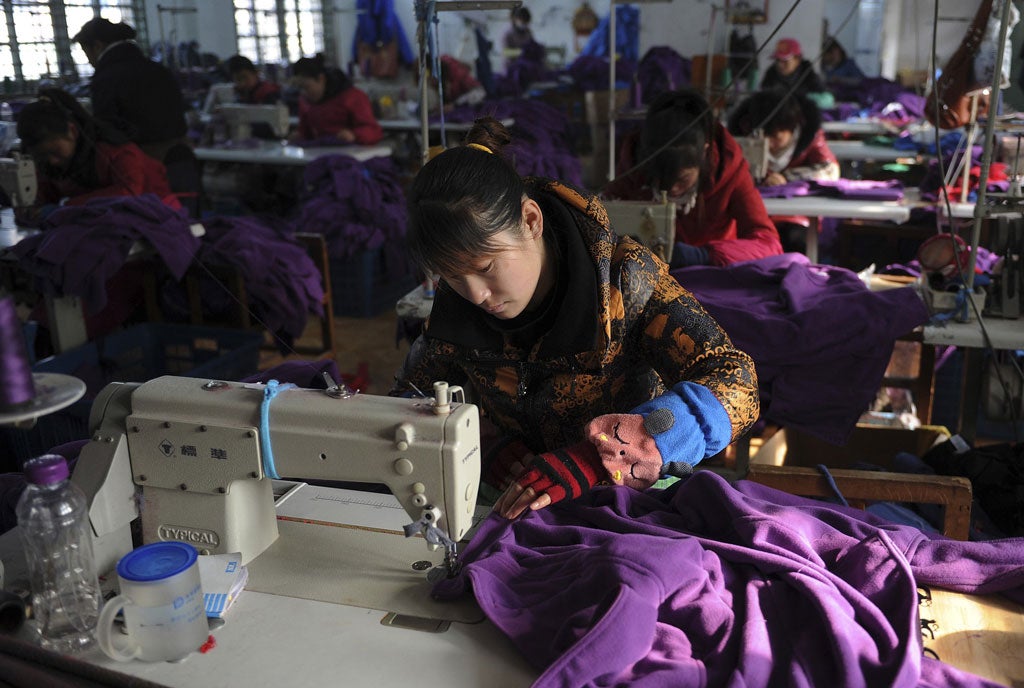Paper Promises: Money, Debt and the New World Order, By Philip Coggan

Are things as bad now as they were in 1929? Or should we instead look further back – to the Dark Ages, when economic output shrank by a quarter – for the appropriate comparison? Surely there could be no more dramatic indicator of the perceived gravity of the situation than the fact that a leading financial commentator recently posed this question. In this context of mildly hysterical panic in financial circles, Philip Coggan's book adds a welcome note of calm analysis. It is not that he is upbeat. However, he draws on years of experience as a journalist to take a step back from the headlines of Eurozone crisis and banking frailty and consider the bigger picture.
The theme of Paper Promises is the often-overlooked link between debt, money and the state. Financial events have political causes and consequences. Confidence in credit, Coggan reminds us, "depends on our belief in the state". In the confusion of technical details and acronyms, it is easy to overlook the intimate relationship between matters financial and political. It is equally easy, therefore, to make the mistake of looking for purely technical, rather than political, solutions to the crisis.
The book is shaped around the long historical perspective on money and credit, setting out the different uses of money (a unit of account for measuring value, a medium of exchange for trading, and a store of value for saving) and the key milestones in monetary history.
The story of how we got to the present stage of money as "bits" of data exchanged between computers, not anchored by anything real like gold, sets the scene for understanding what has gone so terribly wrong since 2008. Money is a social phenomenon as well as a technological one, and those computer exchanges only allow money to serve its purpose as long as we trust each other. The history also serves as a reminder that crises have occurred frequently, and in some ways never change. As Coggan notes of the 1930s: "Bank executives, believers in sound money to a man when other sectors of the economy were in trouble, became less keen on monetary purity when it came to their own survival – a theme ... echoed in 2007 and 2008."
Looking back over the centuries of debt crises, the dilemma facing governments is clear. Either the central bank can issue a large amount of new money, creating an inflation that eats away the real value of debt, or it can sustain the purchasing power of money at the expense of a substantial economic downturn (as in 1930s Britain). The choice is whether to help out the debtors or the creditors, whose interests are opposed.
The book ends by noting the legacy of the debts recent history will bequeath our children and grandchildren. As Coggan points out, the scale of the accumulation of debt is under-stated because, as well as their explicit debts, all governments have made unfunded promises in the form of the expectation of future health and pensions payments. In an ageing population, this is another large burden on the next generation.
To return to that opening question, how bad are things now? There are four possible ways out, the book explains: higher growth, inflation, stagnation and default. Only the last three are really plausible in ageing economies that have under-invested for decades. "Which of these three scenarios will occur? Alas it is very difficult to know for sure, but in a sense it doesn't matter."
Any of the three means the overhang of debt will not be repaid. And that in turn implies political upheaval. As well as owing each other money, the West's nations owe China for the credit boom of the 1990s and 2000s. China is the massive creditor in the global economy. Coggan sees the present crisis as the decisive turning point in the long geo-political rivalry between the West and the rest, especially China. He concludes: "The global economy is changing; for many in the west, it will not be for the better."
Diane Coyle runs the Enlightenment Economics consultancy and is the author of 'The Economics of Enough'
Subscribe to Independent Premium to bookmark this article
Want to bookmark your favourite articles and stories to read or reference later? Start your Independent Premium subscription today.

Join our commenting forum
Join thought-provoking conversations, follow other Independent readers and see their replies